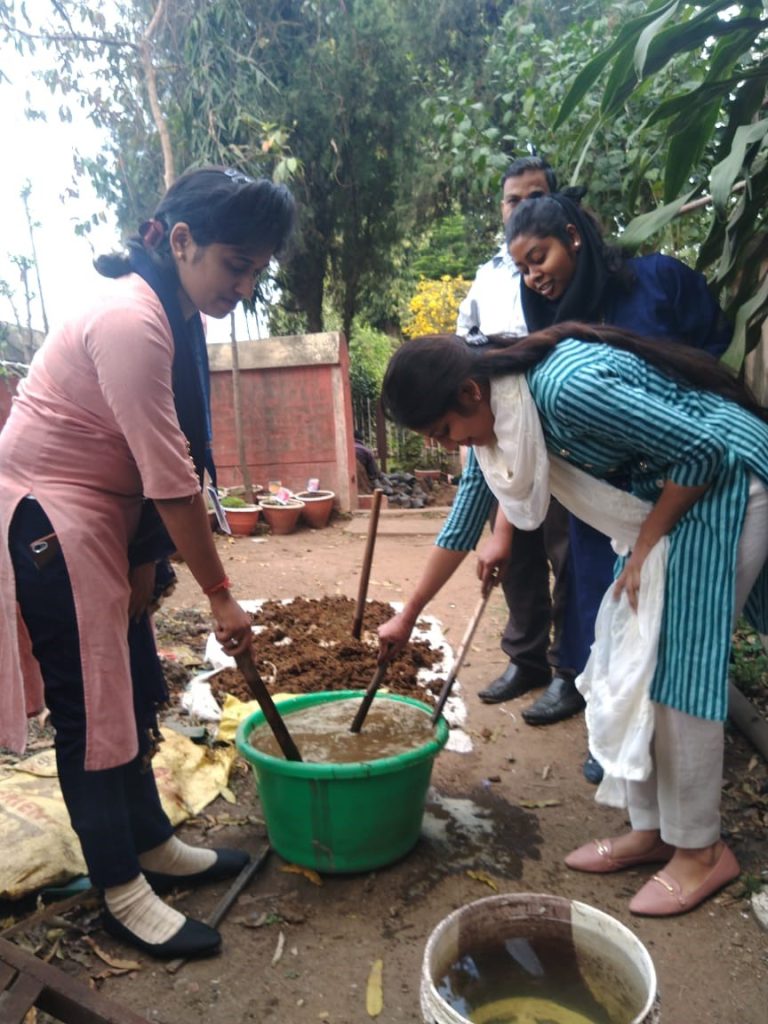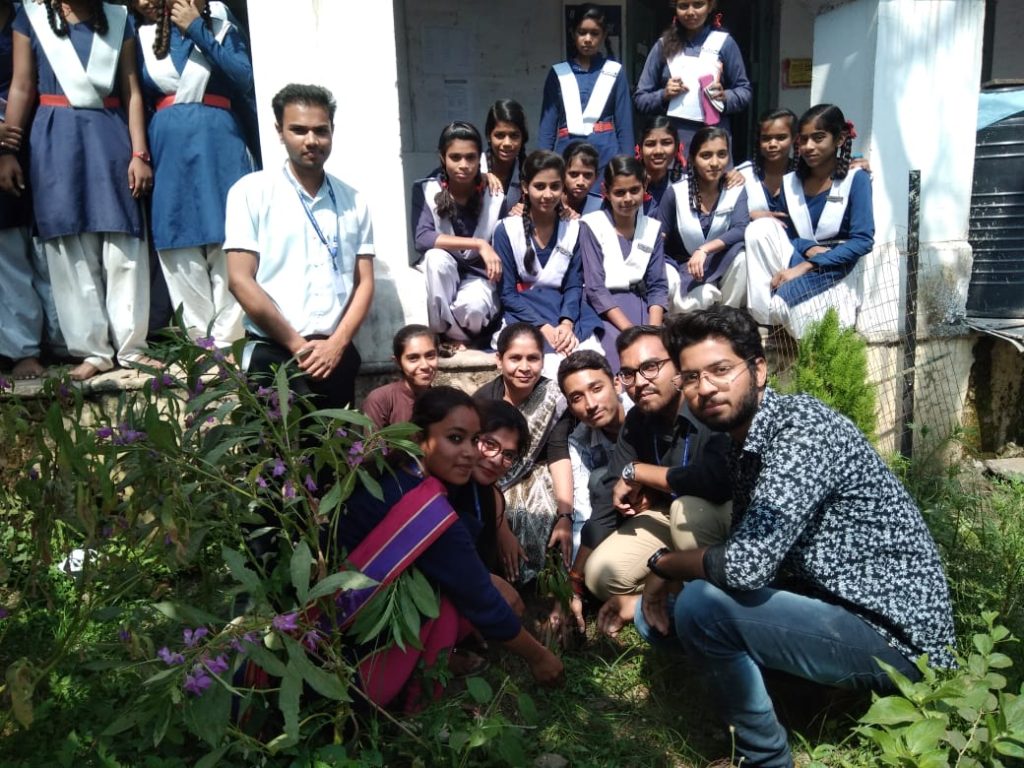ENVIRONMENT
ACTIVITY - Book Chaining Campaign
ACTIVITY - Vermicomposting
ACTIVITY - Tree Plantation
ACTIVITY - Mushroom Cultivation




Various projects have been initiated by our institution in SAMARPAN under the banner of ISR, where every student contributes something. These projects are done to enhance the quality of life of the people in the target villages. Mother Earth that has already lost much of its forestlands- is the major concern of the hour.
ACTIVITIES OF ENVIRONMENT
Under the banner of ISR the team SAMARPAN conducted various programs to the school, villages as well as our college campus. These are
- Book Chaining Campaign
- Tree Plantation & Ornamental Crop Culture Program
- Vermicomposting
- Mushroom Cultivation
- Objective of this campaign is “To save our mother nature “. As we all know that books are our true friends. Books are made by pages, and we know that page made by the tree. Many trees are cut to make book bars. To protect its nature, cutting trees should be stopped. Growing demand for book bars has also increased in the harvesting of trees. With the thought of avoiding cutting trees, we have started Book chaining Campaign. It is a simple give and take of books. In this process students can take any book of their choice as return of this they have to give any old book. Student takes books from seniors and gives these books to juniors as well as from teachers to students and is practised within the college and promoted in other institutions were students visit. School level books distributed as a gift to the village school students.